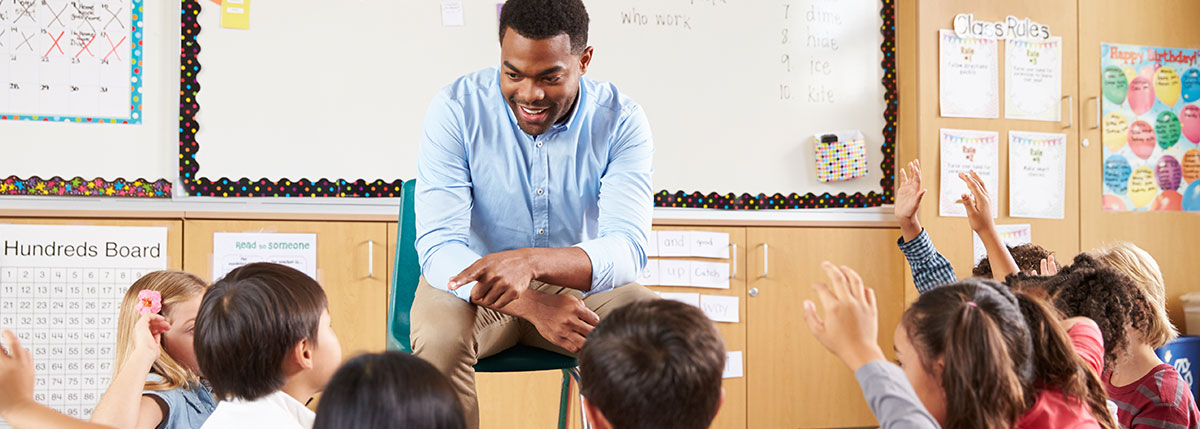Empowered Learner eToolkit
Best selling authors, Dr. Paul Bloomberg, Kara Vandas and Starr Sackstein
Teacher e-Toolkit Designers: Danielle Di Capua and Latoya Yactally

Created by a team of teacher-leaders and formative assessment experts, The Empowered Learner eToolkit is a customizable collection of asynchronous, formative assessment literacy tasks. Organized sequentially, the tasks promote clarity, learning transfer, and student ownership. Knowing your impact is more important than ever for our students academically, emotionally, and socially.
The eToolkit includes a series of standards-based lesson plans, accompanying asynchronous formative tasks, self-assessment surveys, exemplars, and templates for teachers to personalize in partnership with their students. Students will own their learning through proven methods of co-construction of success criteria, goal setting, reflection, self assessment, and revision.
eToolkit Benefits for Teacher Teams
- Reduces planning time
- Transferable Google tasks can be used
multiple times with a wide variety of texts - Tightly aligns with standards
- Built-in self-assessment tools
- Customizable to support student needs
- Flexible to differentiate for learners
- Supports an inclusive classroom with
Pear Deck + Immersive Reader - Interactive, simplified assessment and
feedback via Pear Deck - Amplifies textbook-based literacy programs
or trade books - Supports best practice balanced literacy instruction
- Integrates with Google Classroom, Microsoft
Classroom, Schoology and Canvas
Benefits for Learners, Families and Caregivers
- Provides clear learning expectations for students and families through intentional directions and family resource pages.
- Promotes teacher clarity through clear learning goals, targets, co-construction
of success criteria and high quality exemplars - Increases student ownership and agency with self assessment and goal
setting surveys - Encourages student voice and choice
- Allows flexibility so learners can work at their own pace through asynchronous learning experiences.
- Offers students time for goal-directed, deliberate practice

eToolkit Components
- Instructional Field Guide with easy to follow lesson plans
- Getting to Know “Mentor Texts” – 3-5 day synchronous lesson plan with accompanying pre-made slide deck
- Launching Formative Tasks – 3-5 day synchronous lesson plan using the gradual release of responsibility with an accompanying pre-made slide deck
- Lesson plan includes practical co-construction methods for remote teaching designed to strengthen clarity for students
- Peer Power Feedback Framework for teaching valid, reliable self- and peer-assessment, reflection, and goal-setting
- 10-15 Formative Tasks available as either Google or Powerpoint Slides with Pear Deck, including: Clear directions, Learning Targets & Success Criteria, Exemplars (using mentor texts), Blank Student Assignments, Extra resources hyperlinked on each slide deck, Interactive slides using Pear Deck interactive responses
- The Pear Deck Teacher Dashboard that shows students’ names next to their responses and helps you review and evaluate student work easily. You can also leave individual student feedback easily and efficiently.
- Family and student resource pages for each task
- Pear Deck audio tutorial on how to use the toolkit
- Self assessment surveys for each task
Our eToolkit is Evidence Based
- One of our toolkit’s building blocks is classroom clarity. Teacher clarity is both a method and a mindset, and has an effect size of 0.75 (Hattie, 2020). Clarity is more than communicating the learning goal and success criteria; it is also about ensuring students have models of success, including work samples and exemplars. Our toolkit expands clarity for students, parents and caregivers.
- Our toolkit provides plenty of opportunities for students to self assess. Students who positively self-assess set higher goals and work harder to them (Rolheiser, 1996).
- Learners must be taught how to self assess. The accuracy of self-assessments improves when they are systematically taught how to self-assess (Rolheiser & Ross, 2001).
- Deliberate practice is embedded in our toolkit by using multiple opportunities to succeed; this differs from mindless practice because it is goal directed. “Deliberate practice occurs when an individual intentionally repeats an activity in order to improve performance towards a goal” (Campitelli & Gobet, 2011, p. 280). It has an effect size of .79 which shows that it can almost double the speed of learning for students (Hattie, 2020).
Rolheiser, C. & Ross, J. A. (2001). Student self-evaluation: What research says and what practice shows. In R. D. Small & A. Thomas (Eds.), Plain talk about kids (pp. 43–57).
Covington, LA: Center for Development and Learning. Retrieved October 26, 2007 http://www.cdl.org/resource-library/articles/self_eval.php.
Campitelli G, Gobet F. Deliberate Practice: Necessary But Not Sufficient. Current Directions in Psychological Science. 2011;20(5):280-285. doi:10.1177/096372141142192
Rolheiser, C. (Ed.). (1996). Self-evaluation: Helping kids get better at it. Ajax, ON: VisuTronX.
If you’re interested in learning more about our eToolkit, contact Sarah Stevens at Sarah@thecorecollaborative.com or Brian Roy at Brian@thecorecollaborative.com


